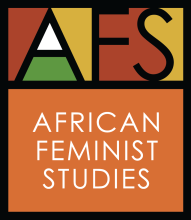Academic / Research & Support
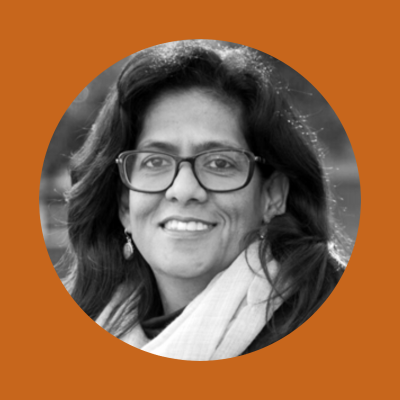 Prof.Fatima Seedat
Prof.Fatima Seedat
Associate Professor, Head of Department of African Feminist Studies, Director of the African Gender Institute and Co-Director of the Centre for Contemporary Islam at UCT. With a PhD in Islamic Law from McGill University, Fatima works at the intersections of sexuality, law and religion, specialising in Muslim feminist readings of gendered legal subjectivity, African feminism and feminist decolonial research methodologies and design. Fatima is a scholar activist, co-founder of the Muslim Personal Law Network and TiP Family Eidgah, and board member for Musawah.
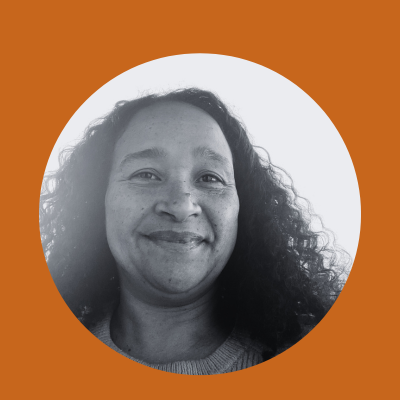
Prof. Benita Moolman
Associate Professor
Lecturer and researcher in the African Feminist Studies Department. She teaches in the under and postgraduate curriculum on African feminist theories and activisms, African post and decolonial feminist theory, African feminist knowing and knowledge-making. Her research interests are ending sexual and gender-based violence, masculinities, violence against women social movements, and narrative methodologies.She has worked at Rape Crisis Cape Town, and has a M(Phil)Women and Gender Studies (UWC) and a D.(Phil) in African Feminist Geography (UCDavis)
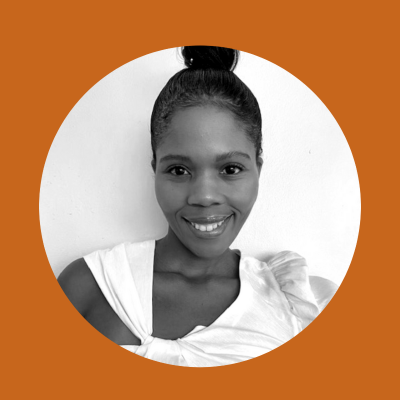 Dr. Zamambo Mkhize
Dr. Zamambo Mkhize
Senior lecturer in African Feminist Studies in the School of African and African Feminist Studies, Anthropology and Linguistics at the University of Cape Town, South Africa. Zamambo Mkhize got her undergraduate degree from Florida A&M University on a full tennis scholarship where she graduated with a degree in criminal justice. She then got her Honours in Criminology and Masters in Gender Studies from the University of KwaZulu-Natal. Zamambo Mkhize did part of her PhD in Pennsylvania as a Fulbright Scholar. Zamambo Mkhize then did her Post-Doctoral Fellowship at the Centre for Critical Research on Race and Identity where she focused on African women in the academy as well as in high stakes disciplines such as; Science Technology, Engineering and Mathematics (STEM). Zamambo Mkhize’s research focus has been on modern polygyny, law, family, Zulu culture and African Feminism. Zamambo published her first book in 2021, titled, Polygyny and Gender published by UKZN Press and Routledge Press UK. Zamambo Mkhize’s current research involves African women in high stakes degrees of science, technology, engineering and mathematics (STEM). She is researching transformation in higher education and STEM disciplines in South Africa.
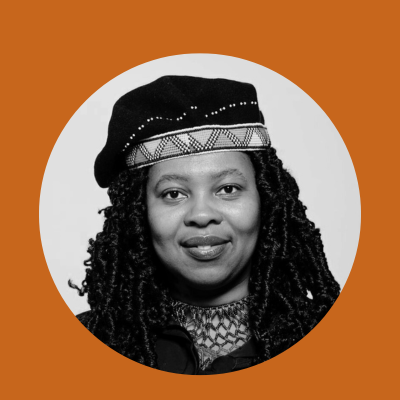 Dr.Neziswa Titi
Dr.Neziswa Titi
Neziswa Titi, Ph.D (DPsy) is a transdisciplinary scholar-activist in the human, social, and health sciences. Her research praxis is contextualised by a decolonial, Africa-centred, child-centric and feminist outlook. Her work focuses on African psychologies, child sexual violence and trauma, children’s rights, the intersections of violence against women and children, access to services and the development of mental health interventions. Her advocacy includes access to higher education and accentuating young people’s voices i.e. youth-led parliamentary advocacy on the RSA Children's Amendment Bill (B18-2020). She is an experienced academic, professional, and civil society organisation leader nationally and internationally with service on the South African National Child Rights Coalition Steering Committee (2020-2022), Psychological Association of South Africa Division of Research and Methodologies (2019-2021), International and Child Rights Partnership Conceptual Interconnections Working Group (2021-2022), University of Cape Town Student Discipline Tribunal of Appeal (2024-06/2028), and the boards of the Western Cape Ministry of Health and Wellness at Lentegeur Psychiatric Hospital (2023 – current) and Childline Western Cape (2021-current). In 2021 Mail and Guardian recognised Dr Titi among the most influential 200 Young South Africans and she provides consultancy to international and national NGOs on decolonial feminist approaches and transformative organisational cultures.
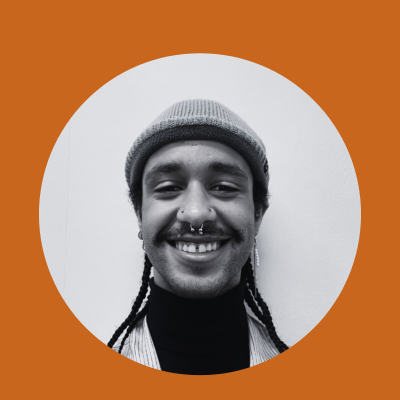 Fidel Parks
Fidel Parks
(he/him) Fidel Parks is the Research Assistant for the African Gender Institute. He completed all his tertiary education thus far at UCT, with a BSc in Biology and Gender Studies and a BSocSci (Honours) in Gender and Transformation. He explored in his Honours dissertation how culture is changed and how that impacts the rigidity of gender roles, with a keen focus on the importance of of conservation in Xitsonga culture. Having conducted his research in Tzaneen, Limpopo, his interest primarily explores indigenous conservation. He intends to study the topic further next year for his Master's.
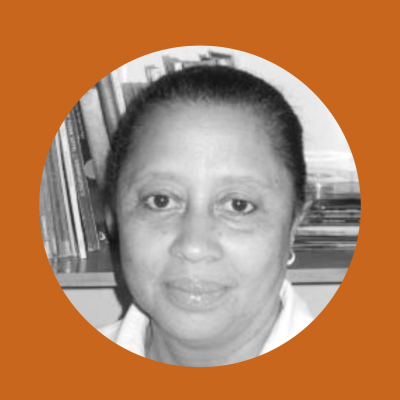
Hilda Ferguson
Project Administrator
hilda.ferguson@uct.ac.za
021 650 4102
Hilda Ferguson has been with the African Gender Institute since January 2001. She previously worked in a position as a creditor's clerk for 14 years. She initially joined the African Gender Institute as an Admin Assistant and was later promoted to the post of Project Administrator, responsible for project and finance administration. She is an active member of UCT's Transformation Committee.
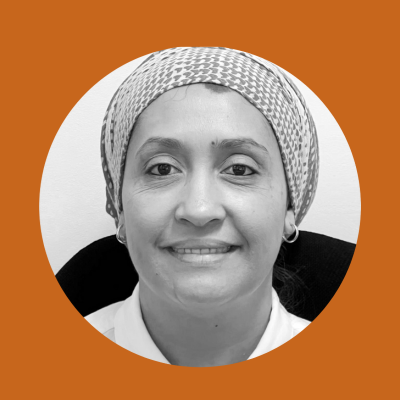
Wardah Daniels
Academic Administrator
wardah.daniels@uct.ac.za
021 650 4207
Wardah Daniels is the academic administrator for the African Feminist department. She works closely with students, tutors and teaching staff to ensure that the academic programme runs smoothly. She has been with the African Gender Institute since 1999.

Karen Flowers
Administrative Assistant
karen.flowers@uct.ac.za
Karen Flowers is an Administrative assistant serving a half day post to the African Feminist Studies department and a half day post to the Africa Gender Institute Research Section. She’s got 10 years’ experience working within the University of Cape Town. She works in the African Feminist Studies department as the Academic administrator assistant for the Undergraduate courses. Her work for the African Gender Institute is Alumni tracing and administrative assistance to the YWL project.
Imameleng Masitha
Online communications
Vanessa Ludwig
Programmes Manager
Advisory Board
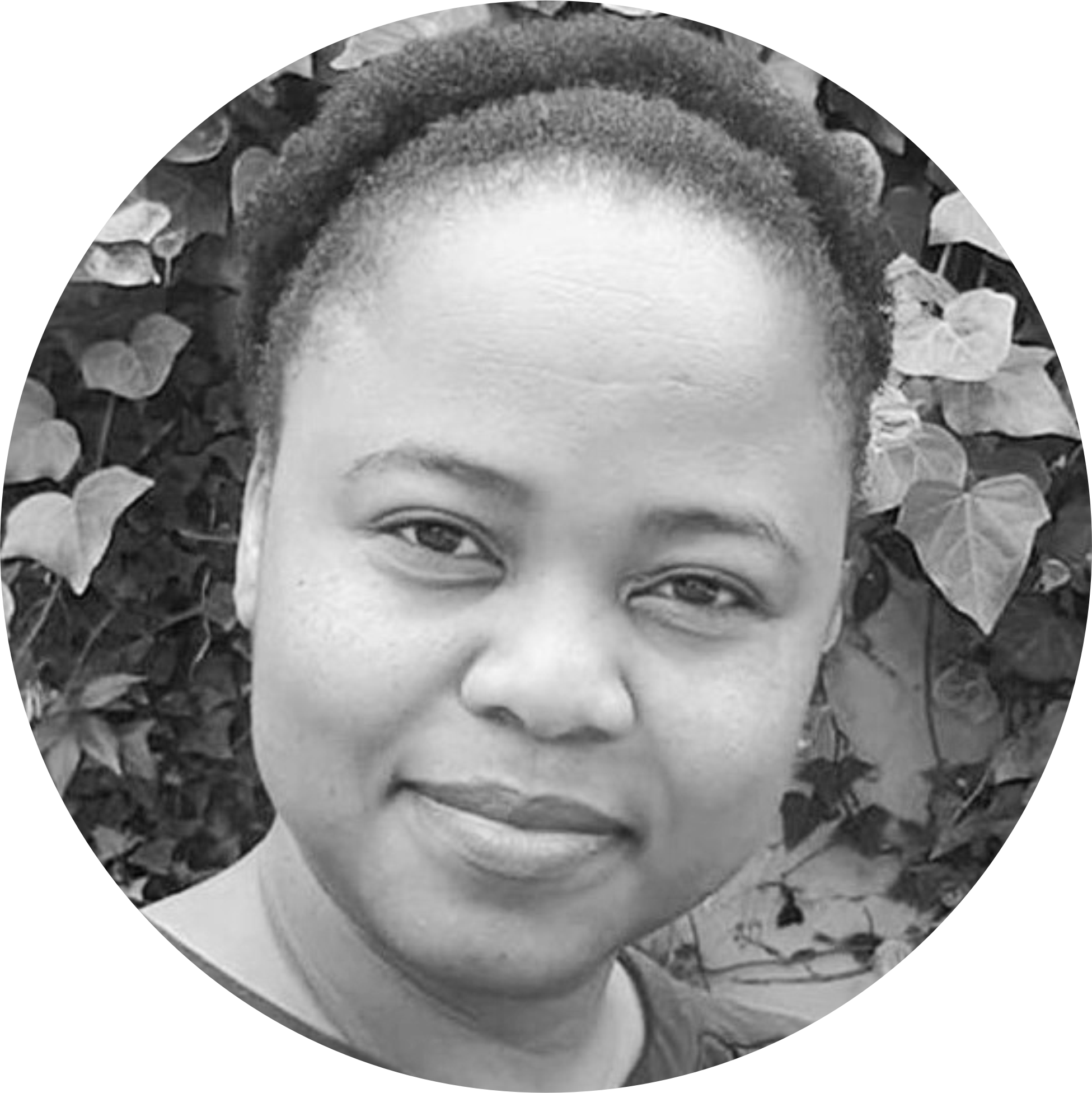
Nomusa Makhubu
Chairperson
Nomusa Makhubu is Associate Professor in Art History and Visual Culture at the University of Cape Town. She is the new Chair of the AGI’s Advisory Board. Her works broadly cover art interventionism, popular culture, live art and social engagement in African visual art. She was the recipient of the ABSA L’Atelier Gerard Sekoto Award in 2006 and the Prix du Studio National des Arts Contemporain, Le Fresnoy in 2014. She received the American Council of Learned Societies (ACLS) African Humanities Program fellowship award and was selected to be an African Studies Association (ASA) Presidential fellow in 2016. In 2017, she was also a UCT-Harvard Mandela fellow at the Hutchins Centre for African and African American Research, Harvard University. In that same year, she was the First Runner Up for the Department of Science and Technology (DST) Women in Science Awards. Recognising the need for broader creative mentorship, collaborative practice and socially responsive arts, she started the Creative Knowledge Resources project. She co-edited a Third Text Special Issue: ‘The Art of Change’ (2013) and later co-curated with Nkule Mabaso the international exhibition, “Fantastic” in 2015 and “The stronger we become” in 2019 at the 58th Venice Biennale in Italy. Makhubu is a member of the South African Young Academy of Science (SAYAS).

Amrita Pande
Amrita Pande, author of Wombs in Labor: Transnational Commercial Surrogacy in India (2014: Columbia University Press) is A/Prof in the Sociology department at University of Cape Town. Her research focuses on the intersection of globalisation and the intimate. Her work has appeared in Signs: Journal of Women in Culture and Society, Gender and Society, Current Sociology, Critical Social Policy, International Migration Review, Qualitative Sociology, Feminist Studies, Indian Journal of Gender Studies, Anthropologica, PhiloSOPHIA, Reproductive BioMedicine and in numerous edited volumes and newspapers. She has written for national newspapers across the world and has appeared in Laurie Taylor's Thinking Allowed on the BBC, Sarah Carey’s Newstalk on Irish radio, DR2 Deadline (Danish National television) and Otherwise SAfM, South Africa to discuss her work on surrogacy. She is also an educator-performer touring the world with a multi-media docu-drama, Made in India: Notes from a Baby Farm based on her ethnographic work on surrogacy. She is currently leading a large research project exploring the “global fertility flows”, of eggs, sperms, embryos and wombs, connecting the world in unexpected ways.

Chris Ouma
Chris Ouma received his BA (1st class honours) in the Literature Theatre and Film Department at Moi University, Eldoret Kenya. After completing his MA in 2007 in the Department of African literature at University of the Wit***ersrand, Chris went on to receive his doctorate in 2011 in the same department, where he worked under the Andrew W Mellon mentorship programme. He specialised in new diasporic African fiction and focused on childhood as a set of ideas for engaging with contemporary African identity formation. In looking at the recurrent figures, images and memories of childhood the study engages with a range of ideas around memory, alternative archives, heritages, legacies, traditions and genealogies of identity and identity-making. Chris’s work has since then sought to find the connections between childhood and contemporary diasporic African identities, especially around the politics of cultural production and the migration of material cultures across continents. Chris is co-founder of the Diaspora Working Group (DWG) at UCT. He is currently co-editor of the journal Social Dynamics: A Journal of African Studies.
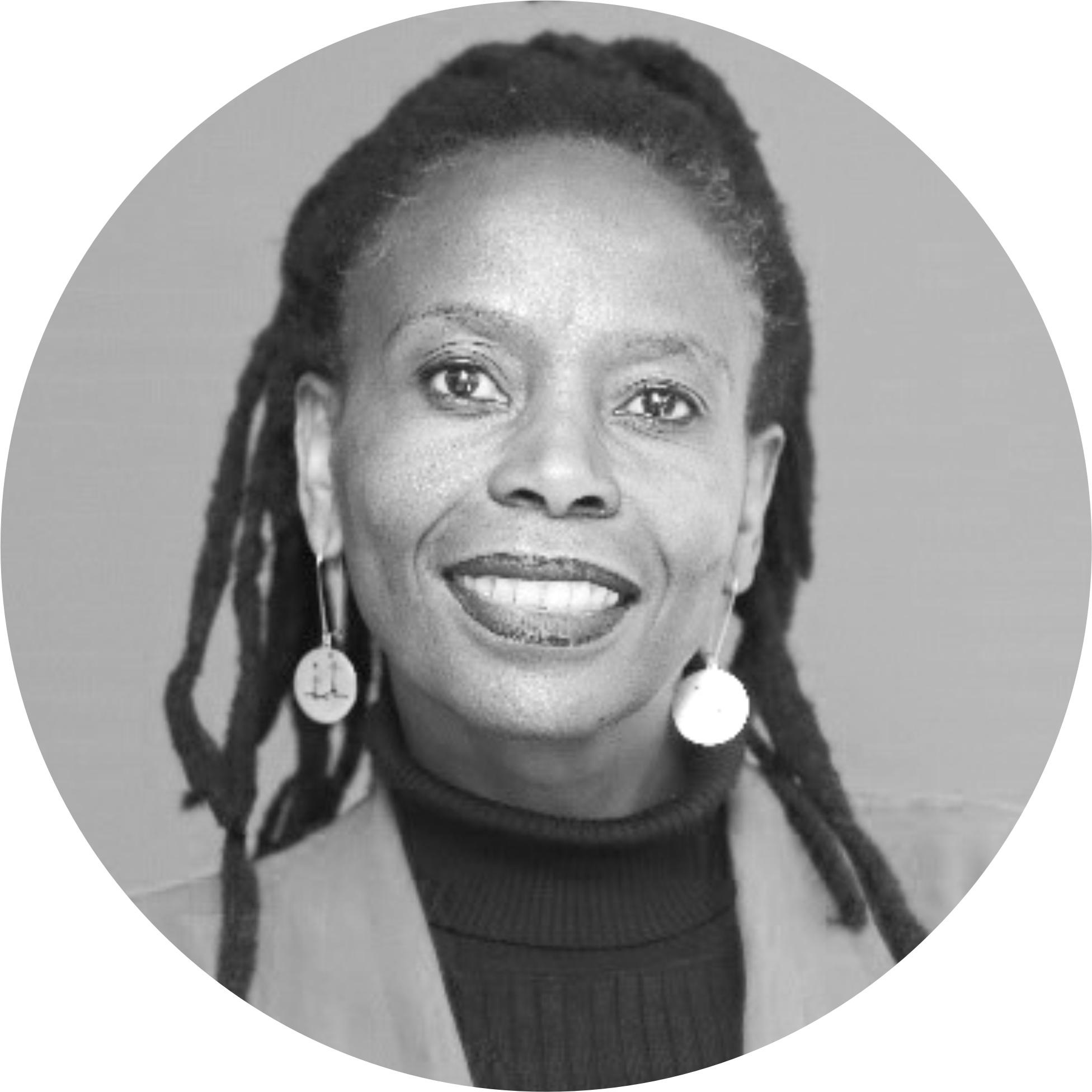
Elawani Ramugondo
Elelwani Ramugondo is a professor of occupational therapy at UCT. She worked as a clinician in rural South Africa and in the United States of America during the 1990s. She is previous Head of Occupational Therapy at UCT. Following the fall of the Rhodes Statue at UCT, she served for a year as Special Advisor on Transformation to the Vice Chancellor. During 2016 and 2017, she co-Chaired the Curriculum Change Working Group, tasked with facilitating dialogue on decolonising curricula university-wide, and developing a UCT curriculum change framework. Ramugondo is the current Chair of the Academic Freedom Committee at UCT. Her scholarship on intergenerational play led to the conceptualisation of the term, occupational consciousness, informed by liberation philosophy, and coloniality as an aspect of western led modernity. This has laid groundwork for several doctoral studies adopting a decolonial approach to scholarship in occupational therapy and occupational science. Ramugondo has published several peer reviewed articles and chapters in books. Her publications cover a broad range of topics including theorisation in the context of discovery, spirituality in occupational therapy practice and the political nature of human occupation. She has recently published a co-edited book titled, Concepts in occupational therapy: Understanding Southern perspectives.

Fatima Seedat
Fatima Seedat (PhD Islamic Law, McGill) Assoc Professor in African Feminist Studies has a specialisation in gender studies at the intersections of Islam, sexuality and law. Her doctoral dissertation examined the discursive construction of the female legal subject through narratives of sex-difference in classical and contemporary Islamic law. She writes on the convergences of Islam and feminism, queering the study of Islam, militant Muslim masculinity and egalitarian readings of Islamic law. Her current research projects include feminist readings strategies and reform methods for Islamic law and she is in the early stages of a project on gender non-conforming Muslim sexualities. Dr. Seedat’s teaching focus lies in African and other feminist theorising, and feminist research and writing methods.
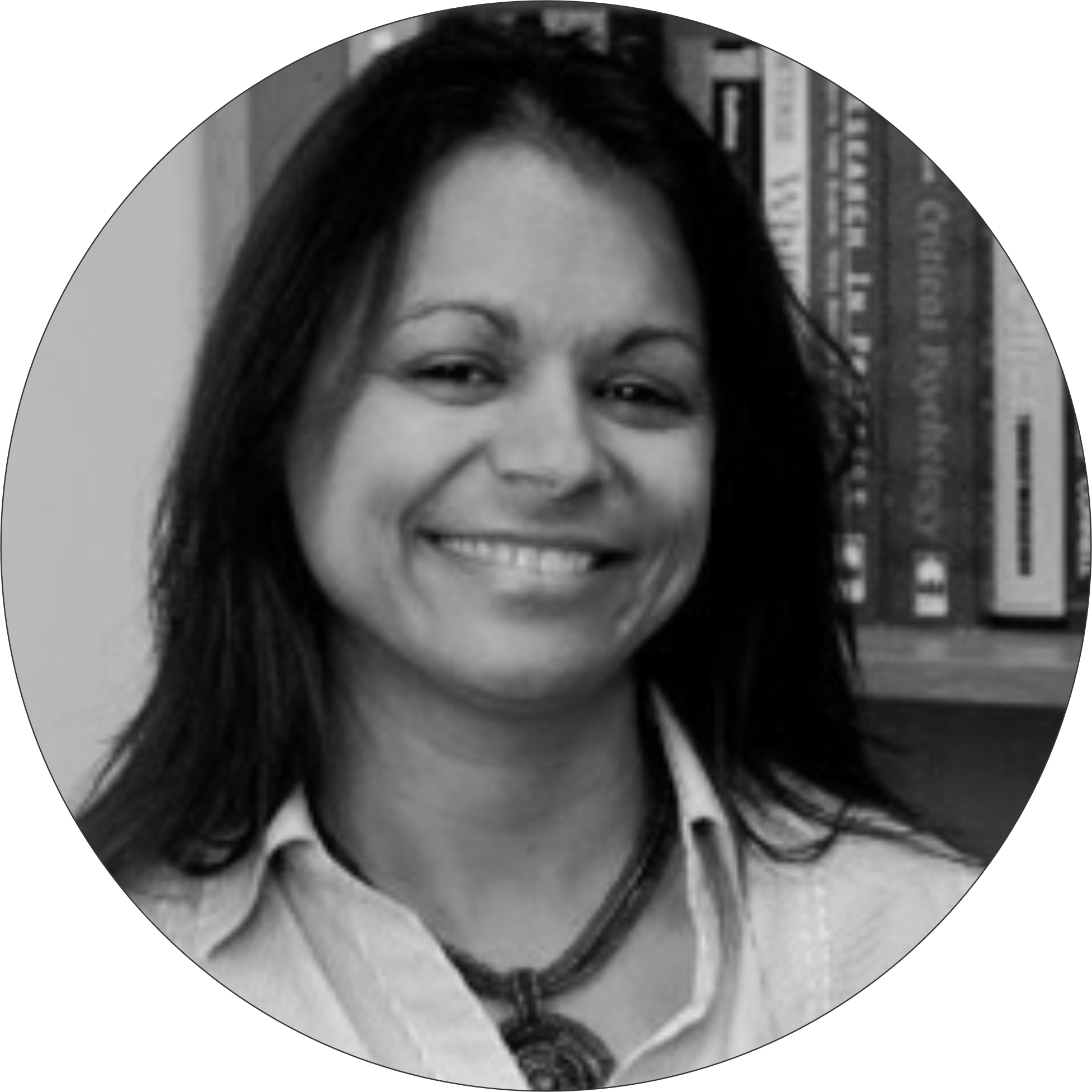
Floretta Boonzaier
Floretta Boonzaier is Associate Professor in Psychology at the University of Cape Town. Her work spans feminist, critical, social and postcolonial psychologies, with interests in intersectional subjectivities, youth subjectivities, gendered and sexual identifications, participatory methodologies and gendered violence. She co-authored South African Women Living with HIV: Global lessons from local voices published by Indiana University Press, and wrote for Women Voicing Resistance: Discursive and narrative explorations, published by Routledge, 2014. Her work has appeared in journals such as Feminism & Psychology, British Journal of Criminology, Culture, Health & Sexuality, Journal of Gender Studies and Violence Against Women. In 2010 she received the runner-up award in the South African Department of Science and Technology’s Women in Science awards, for the category of Distinguished Young Woman Researcher in the Social Sciences or Humanities. She is an alumna Fellow of the W.E.B. Du Bois Research Institute at the Hutchins Center, Harvard University. She also serves on the board of the NGO, RAPCAN (Resources Aimed at the Prevention of Child Abuse and Neglect).

Jay Pather
Jay Pather is Associate Professor at the University of Cape Town, Director of Institute on Creative Arts and Creative Arts and Artistic Director of Siwela Sonke. A Fulbright Scholar, he read for an MA in Dance Theatre at New York University and since then Pather’s work has traveled widely extending across discipline, site and culture. He has collaborated with visual artists, architects and urban planners, since 1984, taking his inter-cultural performances into public spaces and working with the architecture of Johannesburg, Durban, London, Zanzibar, Amsterdam, New York, Barcelona, Mumbai, Muscat, New Delhi, Copenhagen and Cape Town.
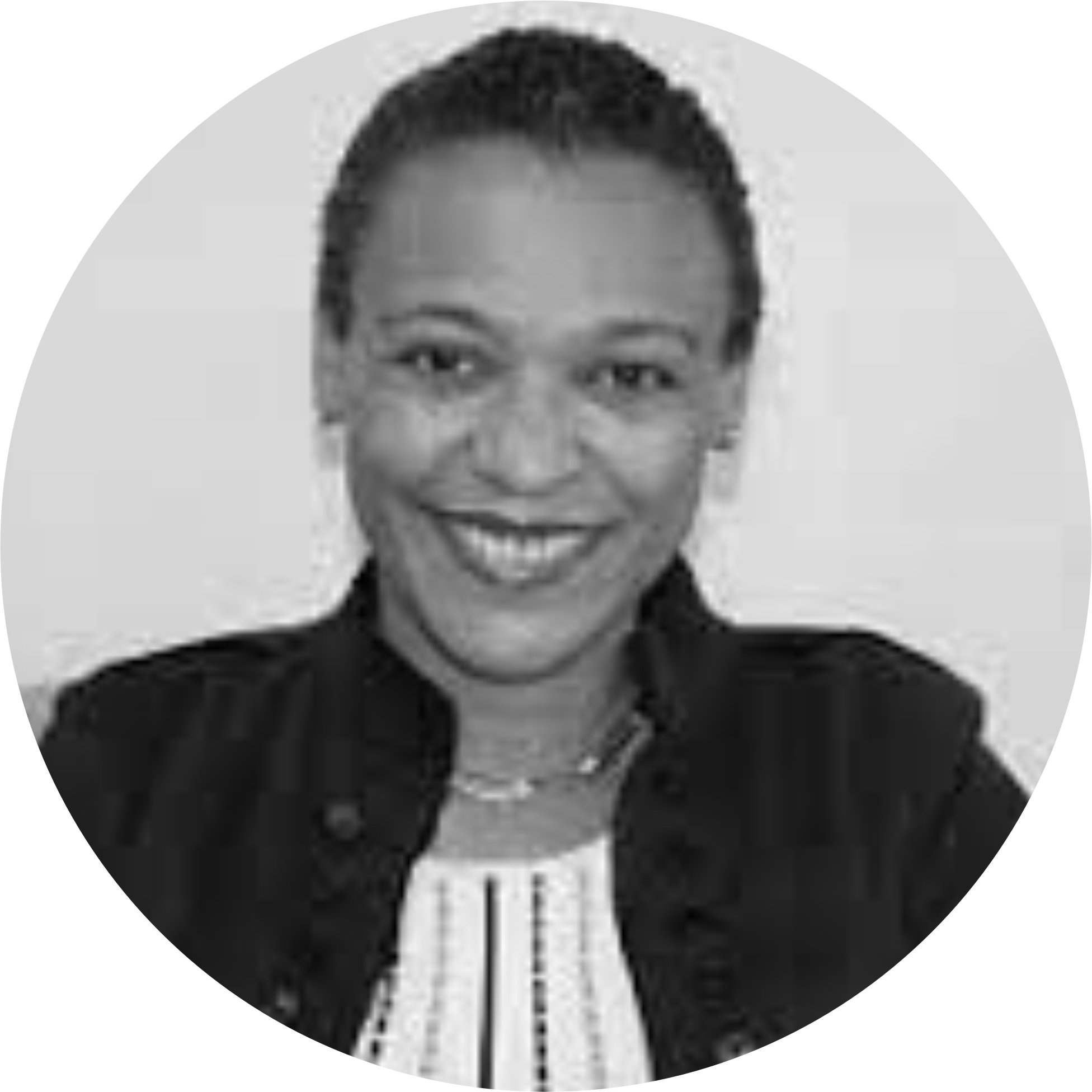
Shose Kessi
Shose Kessi is a lecturer in the Department of Psychology at UCT. The focus of her research is on community-based empowerment and social change, particularly exploring how to address issues of identity, such as race, class, and gender, that impact on people’s participation in transformation efforts. She is currently working on the development of Photovoice methodology as a research tool that can raise consciousness and mobilize community groups into social action. Before joining UCT, Shose worked in the development sector in the area of reproductive health, HIV/AIDS, and programme evaluation. She completed her PhD in 2010 at the London School of Economics and is a fellow of the WEB DuBois Research Institute, Hutchins Centre, Harvard University.
